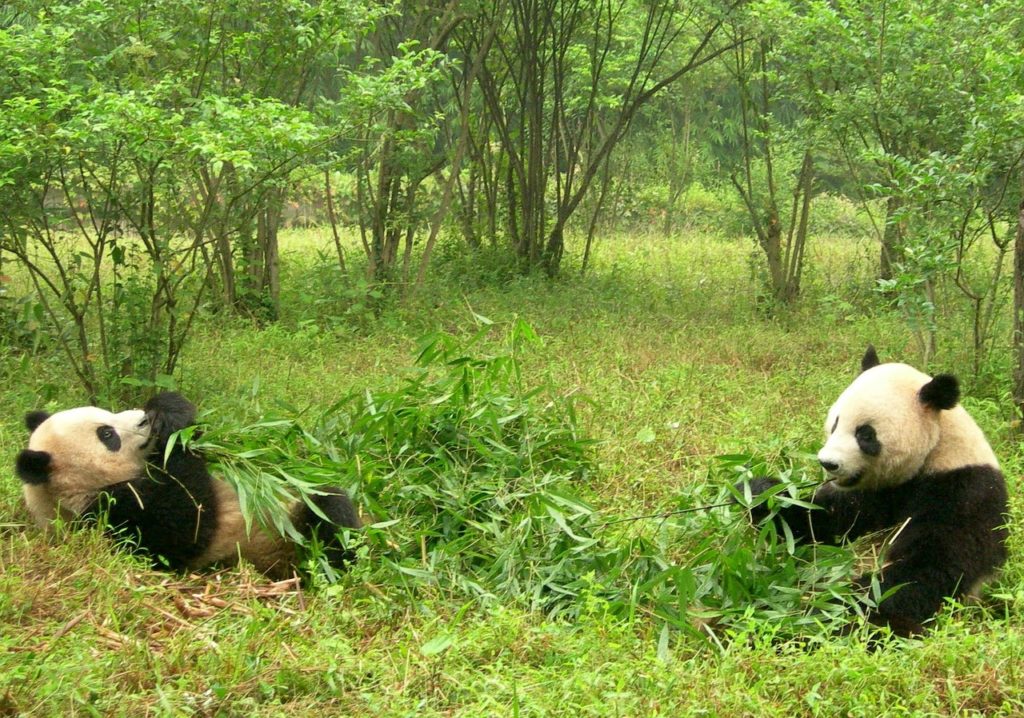In today's article we will take a closer look at the phenomenon of modern times and that is BAMBOO. Natural bamboo, the plant of the future.
Bamboo as a plant and as an incredibly ecological material is becoming an increasingly used material for the production of organic products and it has its meaning! More and more ecological bamboo products are appearing and we are following the trend where it is possible to make practically anything from it, from decorations, through dishes, toys, textiles, to clothes.
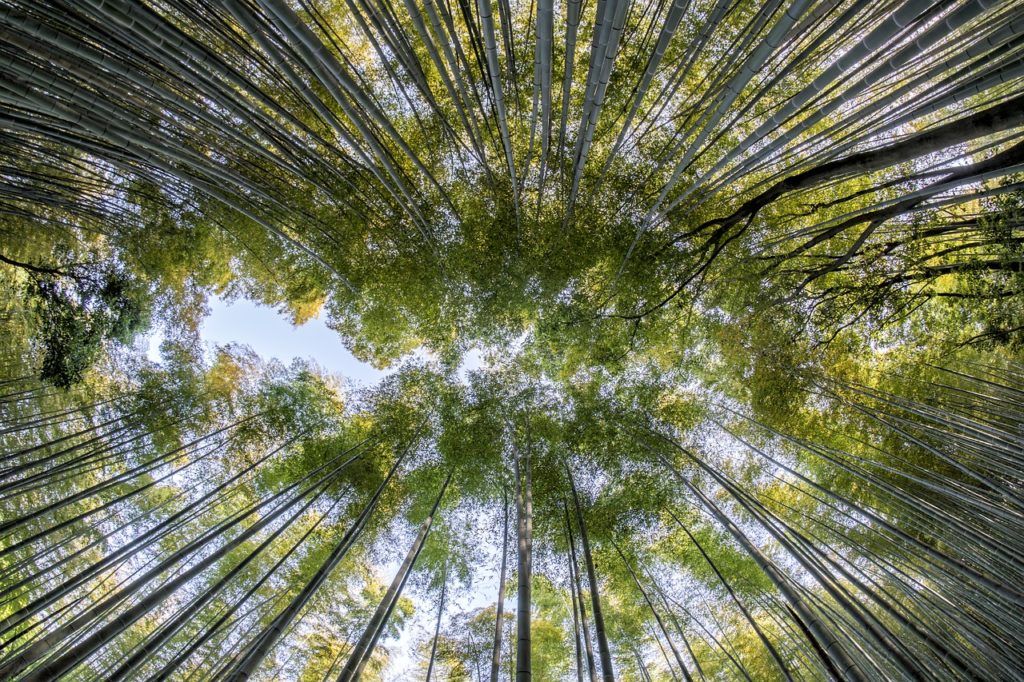
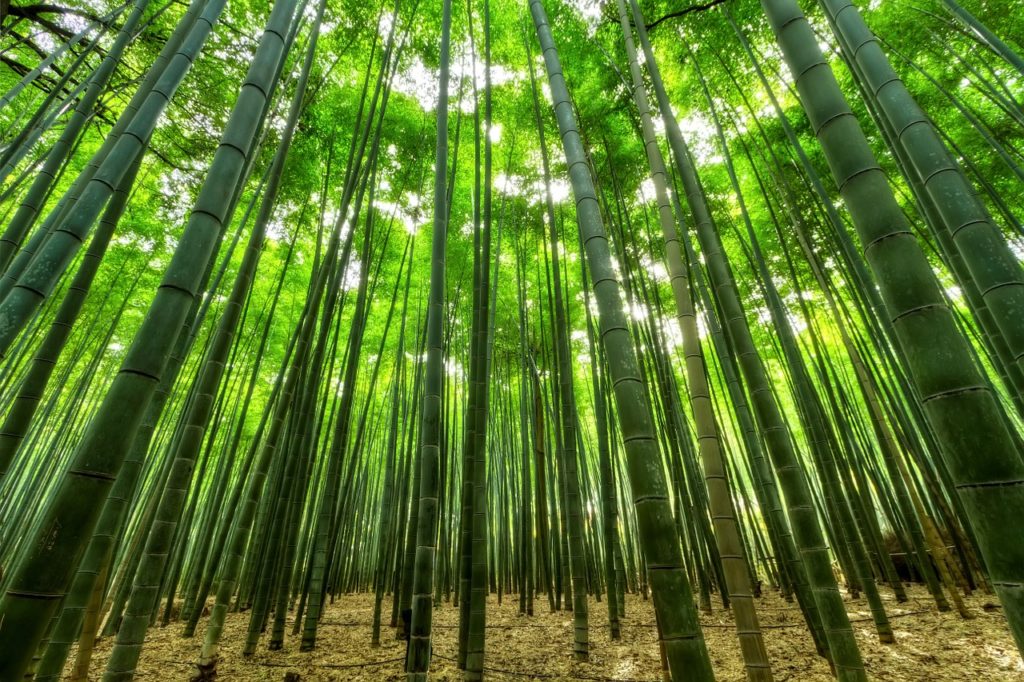
About bamboo:
Bamboo is the common name for more than 90 genera of evergreen woody grasses. Over 1000 species of bamboos with very diverse properties grow on our blue planet.
Bamboo can be found in very variable living conditions, sizes, colors, etc. The fastest growing bamboo species can grow up to 100 cm in just one day, while others can only grow by 5-10 cm. Some species grow to a height of 40 meters, others only a few tens of centimeters, some grow in the tropics, subtropics, others in the temperate to colder zones of the planet.
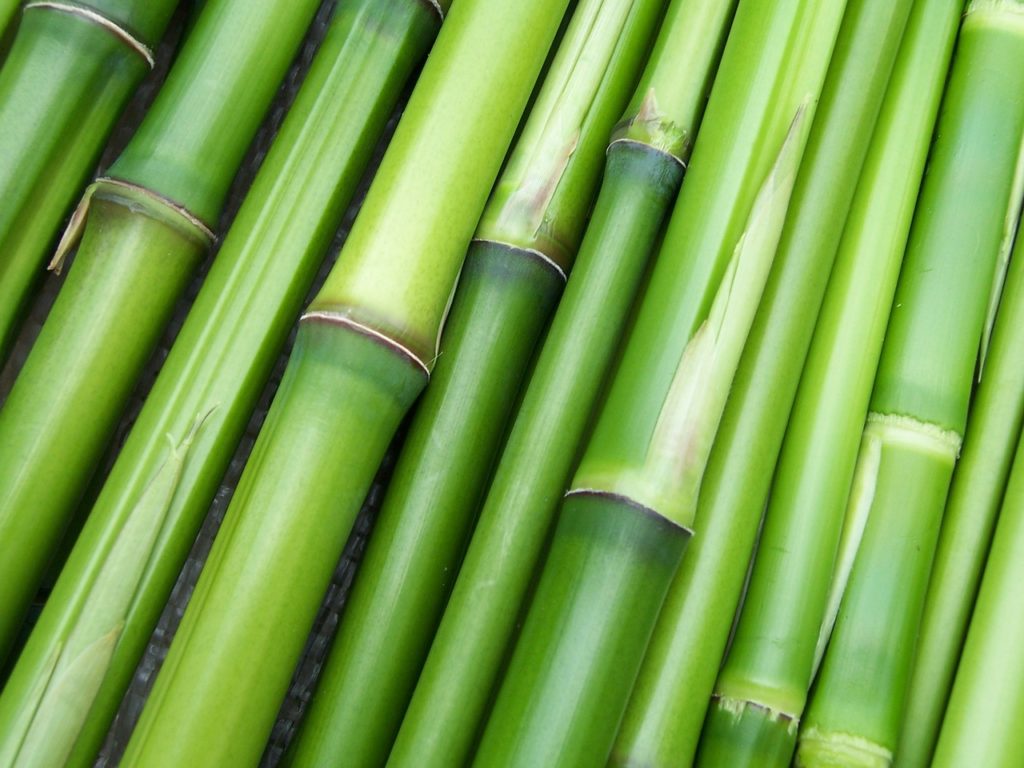
Bamboo grow from a thin hollow stem, with small flat leaves that do not fall off, are composed mainly of proteins and carbohydrates and are most common in Central and East Asia (China, Vietnam, Japan, etc.). – because of proteins and carbohydrates they are loved by Panda bears.
Bamboo use:
Bamboo has an incredibly wide field of use, thanks to its useful properties it is widely used as a building material for building construction (China, Japan, etc.), bamboo shoots are consumed as a common food, it is used to make: furniture, tools, paper, clothing , textiles, pharmaceuticals, etc.
Very strong and tall bamboo are used for the production of dishes, cutlery, kitchen utensils, cutting boards, stands for office supplies, etc. , underwear and baby diapers, etc.
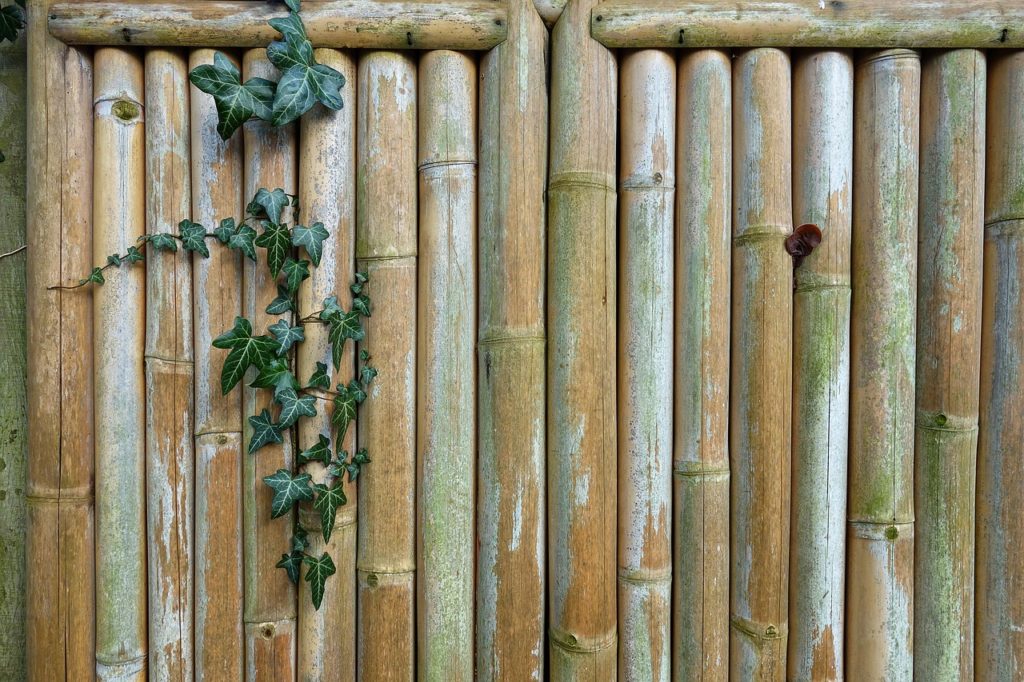
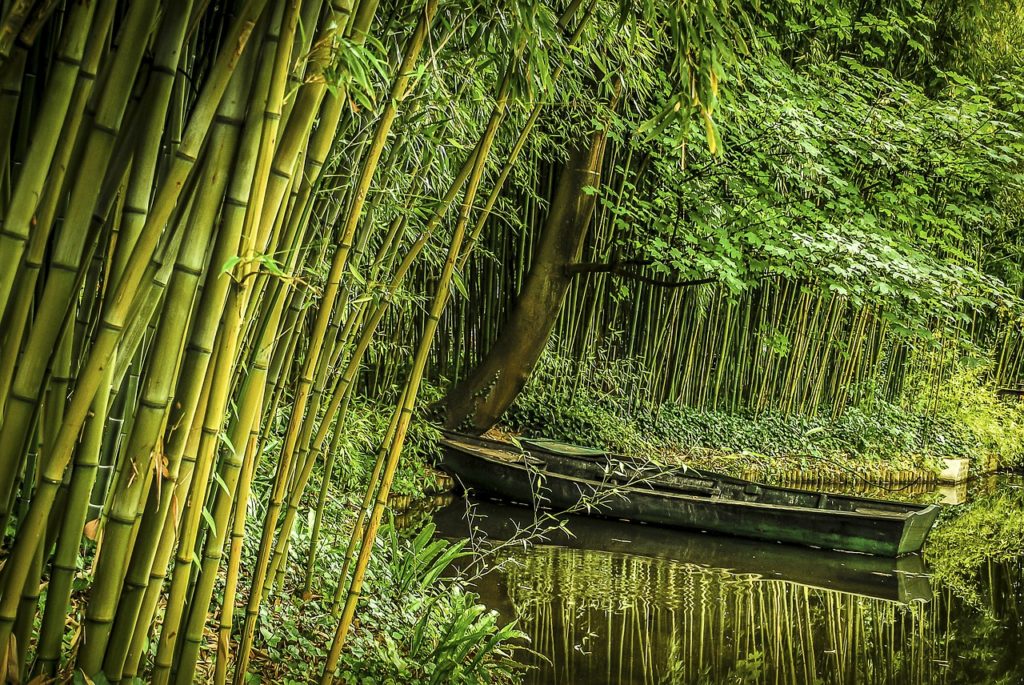
Benefits and ecology:
- Bamboo is a renewable material that contributes to sustainable development.
- It has a very dense network of roots and prevents soil erosion.
- It absorbs CO2 and releases oxygen, thus filtering this greenhouse gas.
- It grows very densely even in a small area and during its cultivation there is no deforestation at the expense of other trees or plants.
- As a natural material, bamboo itself and its products are degradable in nature and will eventually turn into soil.
- It is not demanding on water or fertilizers – it is not necessary to artificially irrigate or chemically fertilize it to grow.
I believe that today’s article fascinated you at least a little, and I was able to explain why we are increasingly interested in bamboo.
